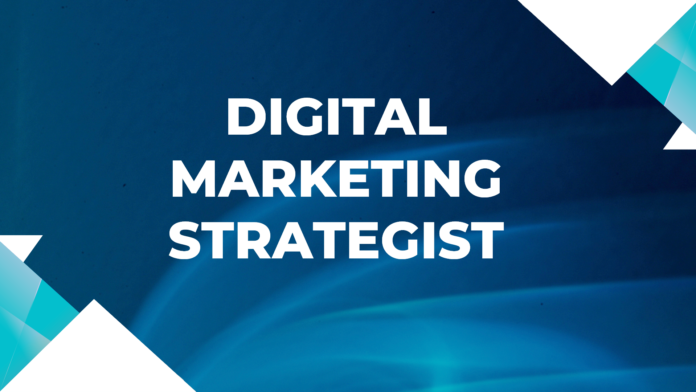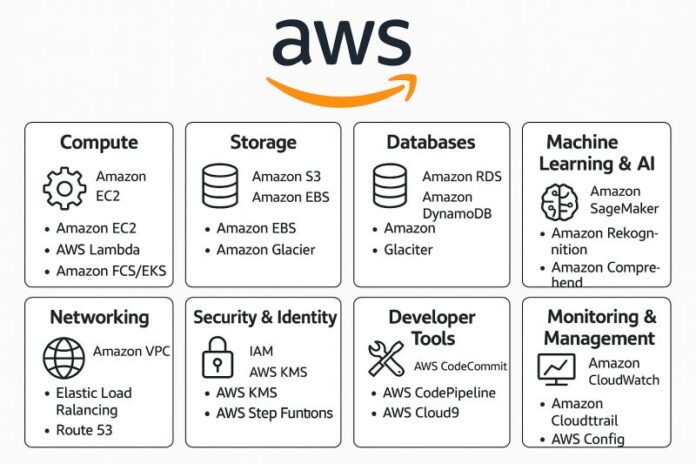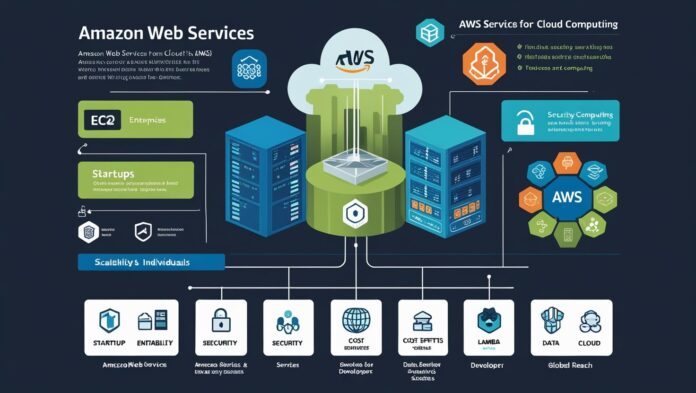How and Why to Convince an Agency for Social Media Marketing. Guide for UK Businesses
In today’s digital-first world, social media marketing has evolved from a luxury to a necessity for businesses across the United Kingdom. Whether you’re a startup in Manchester, a growing brand in Birmingham, or an established enterprise in London, your online presence speaks volumes. One of the smartest decisions a company can make is to collaborate with a professional social media agency UK to streamline and amplify its digital efforts. But why should a business pursue a marketing agency—and more importantly, how do you convince one to represent your brand?
In this blog, we’ll explore both the reasons why you should seek a social media agency’s support and how to approach and convince them to take on your brand.
Why Work With a Social Media Marketing Agency?
1. Access to Expertise
A reputable social media agency UK brings specialised knowledge of platforms like Instagram, LinkedIn, TikTok, and Facebook. These agencies have dedicated teams that live and breathe trends, platform algorithms, and audience engagement strategies.
Instead of hiring an in-house social media manager or trying to juggle it yourself, outsourcing gives you access to experts who understand UK market trends, audience behaviours, and campaign optimisation.
2. Focused Social Media Strategy
Random posting no longer works. Agencies help craft a custom social media strategy tailored to your business goals—whether it’s increasing brand awareness, generating leads, or improving customer engagement. A clear strategy ensures consistency, quality content, and measurable results.
3. Time and Resource Efficiency
Social media management is time-consuming. Agencies streamline content creation, scheduling, analytics, and community management—freeing up your internal resources to focus on core business operations.
4. Performance Tracking and Reporting
UK-based digital marketing agencies offer robust tracking and monthly reports, showing metrics like engagement rates, reach, conversions, and ROI. This allows you to clearly understand what works and what needs refinement.
Why Agencies Might Be Selective With Clients
Before we delve into how to convince a marketing agency to work with your brand, it’s important to understand that not all agencies accept every client. Top-performing agencies are selective because:
-
They want to ensure brand alignment.
-
They avoid overextending their capacity.
-
They seek clients with clear goals and reasonable expectations.
-
They prefer working with brands that are serious about long-term digital growth.
So, how do you position your brand to become one of their chosen clients?
How to Convince a Social Media Marketing Agency to Work With You
1. Present a Clear Brand Identity
Agencies want to work with brands that know who they are. Before approaching an agency, ensure your brand has a solid identity—logo, tone of voice, brand colours, and a defined mission.
Even if your online presence is currently weak, having a well-defined brand helps agencies visualise your potential.
UK SEO Tip: Optimise your brand presentation online with search-friendly terms like “eco-friendly brand UK”, “fashion startup London”, or “UK sustainable business”.
2. Define Your Goals and Budget
Agencies appreciate clarity. Come prepared with your marketing goals. Whether it’s:
-
Growing your Instagram following by 10,000 in 6 months,
-
Launching a new product across the UK,
-
Or improving online engagement by 50%—
Clearly defined objectives show that you’re serious.
Also, be honest about your budget. Whether you have £500 or £5,000 per month, transparency helps the agency propose a suitable plan or suggest alternative packages.
3. Showcase Your Potential
If your product or service has received press mentions, awards, or strong customer reviews, highlight them. Agencies love working with brands that have momentum and market appeal.
If you’re a startup, focus on your vision, your unique value proposition, and your target audience in the UK market.

What to Look for in a UK Social Media Agency
4. Be Open to Collaboration
Agencies value clients who are willing to collaborate and trust the process. Emphasise that you’re looking for a partnership, not just a one-time service provider.
Use phrases like:
-
“We’re looking for a long-term digital partner.”
-
“We value your expertise in shaping our online branding UK-wide.”
-
“We’re ready to scale with the right strategy and support.”
5. Provide a Starting Point
Don’t go in empty-handed. Even if your current online presence is weak, show that you’ve tried. Maybe you’ve posted a few times on Instagram or tested a Facebook ad. Demonstrating initiative—even if the results weren’t great—shows agencies you’re committed and open to improvement.
6. Offer a Win-Win Relationship
Top agencies appreciate testimonials, case studies, and word-of-mouth. If you’re open to being featured in their portfolio or co-publishing a case study, that adds extra value for them.
Bonus: What to Look for in a UK Social Media Agency
As you try to convince an agency, remember: the relationship should benefit both sides. Here’s what to look for in a digital marketing services UK provider:
-
Proven track record with UK clients
-
Strong portfolio across industries
-
Expertise in your niche (e.g., fashion, real estate, tech)
-
Transparent pricing and deliverables
-
Great communication and response time
Ask for case studies or request a free consultation to see if there’s alignment.
Final Thoughts
Securing the support of a social media marketing agency in the UK can be a game-changer for your business. By presenting yourself as a goal-oriented, collaborative, and growth-minded brand, you dramatically increase your chances of forming a successful partnership.
Remember: Agencies want to work with clients they can help succeed. By being transparent, prepared, and passionate about your brand, you’ll not only convince an agency to work with you—you’ll lay the foundation for long-term digital success.



















